-

Whistleblower complaint leads to plans for widespread DNA surveillance of immigrants
Last spring, the Department of Homeland Security started collecting DNA at United States borders for the first time. Since then, DHS has quietly begun to implement the largest expansion of government DNA collection and storing of biometric information in more than a decade.
-
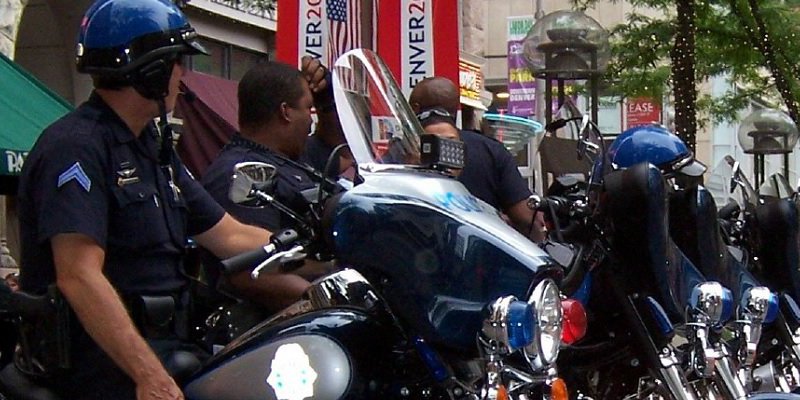
Controversial Obama-era counterrorism program continues uninterrupted in Colorado
New documents raise questions about Denver Police Department continued participation in a controversial Obama-era counterrorism program.
-

What’s the smart city future like in Wisconsin?
Sitting on the shores of Lake Michigan, Racine, Wisconsin lays claim to inventing the hairdryer and garbage disposal. With Milwaukee to its north and Chicago to its south, the town is tapping into that legacy as the first municipality with fewer than 100,000 residents to be chosen for the Smart Cities Readiness Challenge.
-
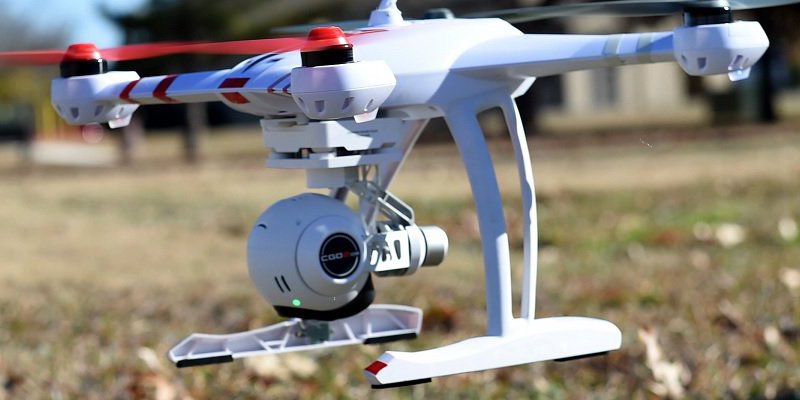
MuckRock readers want to know: What drone use is going on in your area?
MuckRock announced that it would be looking at the extent of drone use by municipalities, counties, and states throughout the country. Since then, individuals from Connecticut to California have responded to the call.
-
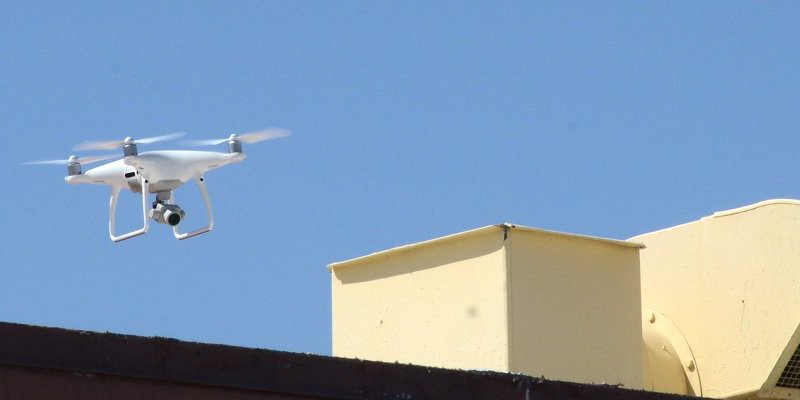
Does your local government use drones? Help us find out
Five years ago, MuckRock teamed up with Motherboard to conduct a massive survey of drone use by local police departments. We want to update that effort, and we need your help to do it.
-
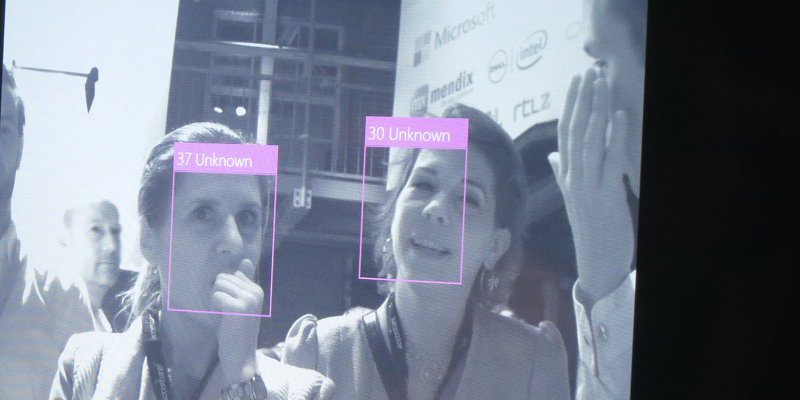
As local legislators debate facial recognition, some agencies restrict it with their own policies first
Last month, San Francisco became the first municipality in the country to ban the use of facial recognition by city departments. Later today, Somerville, Massachusetts may join its ranks. Agencies in other cities, however, aren’t waiting for city councils to weigh in, implementing policies that bar the use of facial recognition. Though the agency-level limits are not subject to the public development and enforcement that support city or state-level rules, they can be important measures in an agency’s own relationship with residents.
-
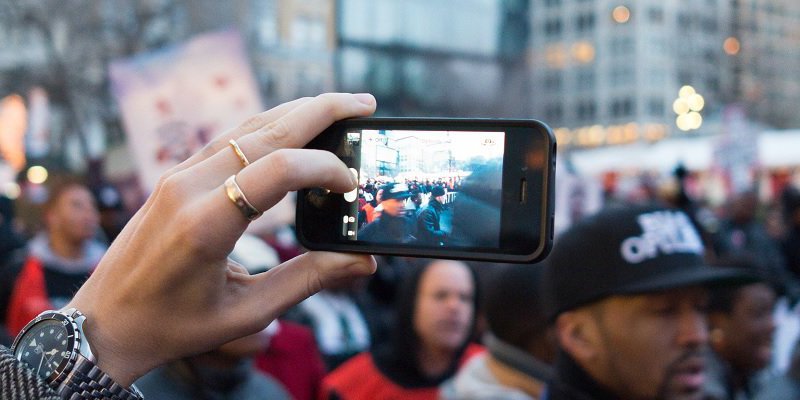
NYPD, told it can’t use “Glomar” denial, now claims it has no records on Millions March cell phone surveillance
The January decision in the case of Millions March NYC v. NYPD represented a decisive victory for transparency around cell site simulators and could be an example to agencies across the country, but transparency and privacy advocates remain concerned about StingRays.
-

This week’s FOIA round-up: Weird science at the Pentagon, a congressional challenge to the Interior’s proposed FOIA changes, and Minnesota law enforcement spies on pipeline protesters
For this week’s FOIA round-up, the Department of Defense releases more details on a late ‘00s program concerning fringe science theories, an Arizona congressman wants to challenge the Department of Interior’s proposed FOIA changes, and Minnesota law enforcement is gearing up for Enbridge Line 3 pipeline protests.
-
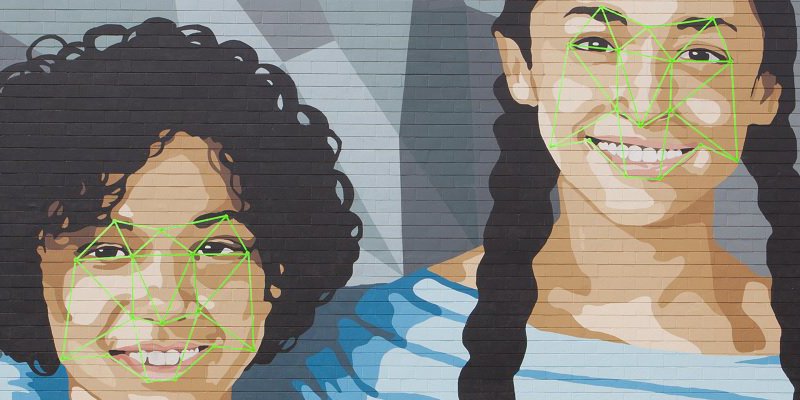
ACLU leads coalition urging limits on use of facial recognition
Citing fears about massive errors and invasions of privacy, 85 organizations sent letters Tuesday imploring Amazon, Google, and Microsoft to end sales of facial recognition technology to government agencies.
-

How are police departments using license plate reader technology? Your feedback is helping us find out
Over 100 additional requests related to police departments’ use of automated license plate recognition technology have been submitted to government agencies identified by MuckRock readers as needing further scrutiny.